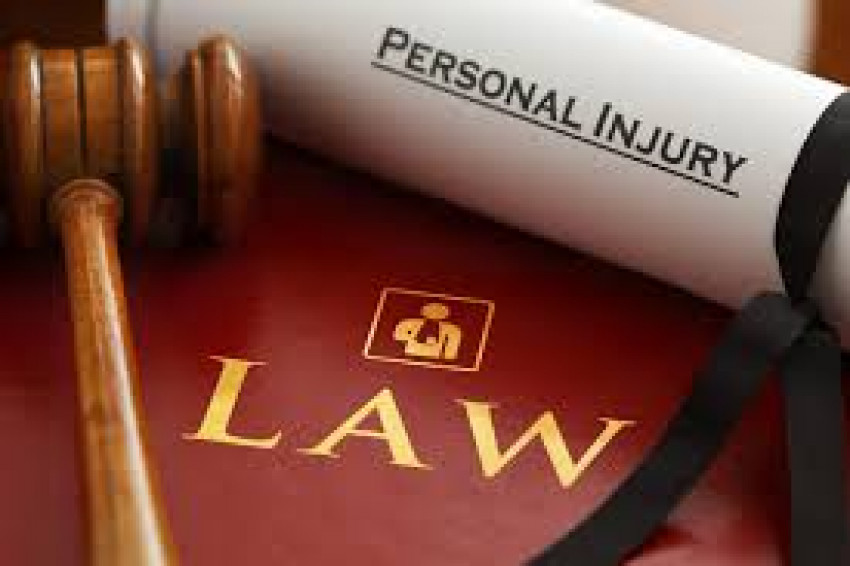
Many people prefer trains for daily commute, as they are an affordable and convenient form of public transport. On the other hand, many people hate having to wait along the railway lines to cross an intersection until its safe. Train accidents involving other trains, vehicles, and pedestrians are less common than other auto-accidents, but they happen and usually have fatal repercussions. Several accidents involve injuries to passengers on the train, as well as people around railway stations and railroads.
There are many different reasons for the occurrence of train collisions and crashes, so it is not always easy to determine liability. The fault may lie with the train operator, manufacturer of a spare part, the railway maintenance crew, the government agency that owns the train, a reckless driver, or somebody else. Multiple parties may be held responsible for the injuries sustained by victims, which is why it is necessary to hire Personal Injury Attorney in Miami, FL, for claiming compensation. It is significant to learn of the common causes of train accidents to maximize one’s safety in the future.
1.Negligence or Human Error
Most accidents happen because human beings do not always consider the risks and ramifications of their actions. Their negligent behavior, lack of experience, or forgetfulness compels them to make mistakes that have the potential to cause a catastrophe. A new train operator or conductor might cause an accident due to an untimely maneuver or some confusion. Fatigue or intoxication are also primary reasons, as in all other types of auto accidents. Failure to signal, stop the train in time, or regulate speed are further examples of negligence and human error.
2.Mechanical Problems
Accidents happen even when the train operating staff has followed all safety procedures to the fullest and performed their tasks to perfection. This usually happens due to mechanical failures, which are the result of an unexpected breakdown/malfunction of the vehicle. The crew responsible for machinery maintenance may have overestimated the durability of certain equipment, made a mistake in installing gear, or overlooked damage. Quick fixes, incomplete repairs, delayed replacement, use of low quality spare parts, and lack of proper testing/auditing practices are all causes for mechanical problems.
3.Reckless Drivers & Pedestrians
Believe it or not, the government agency governing the train, their employees, or anyone else responsible for ensuring the vehicle’s sound operation and safety is always not at fault. At times, it the recklessness of drivers and pedestrians that get them killed on the railway tracks, along with people on the train. Drivers trying to race the train or cross the track when a train is approaching cause a tragedy due to their foolishness. Similarly, people who think they can outrun a train on foot or that the rail tracks are a good place to commit suicide need professional help.
4. Defective Tracks
Railway tracks also need repairs and maintenance like roads and runways. Tracks wear and tear over time, or sustain damages due to extreme weather conditions. Loosened and broken tracks may cause derailment, i.e. the train is forced off its path. Derailment does not necessarily mean that the train goes off the rails completely. It may shift into the wrong tracks and collide with another approaching train. Two trains moving in opposite positions will undergo a very high impact collision that shall instigate a fatal outcome.
5. Unguarded Railroad Crossings
Railroad crossings are normally protected by gates and warning signs, so that nobody comes in the way when a train is approaching from either side. Sometimes, the gates are not closed in time, train schedules change, the area is not properly illuminated, or warning signs are not activated. The likelihood of train accidents increases under these circumstances.


